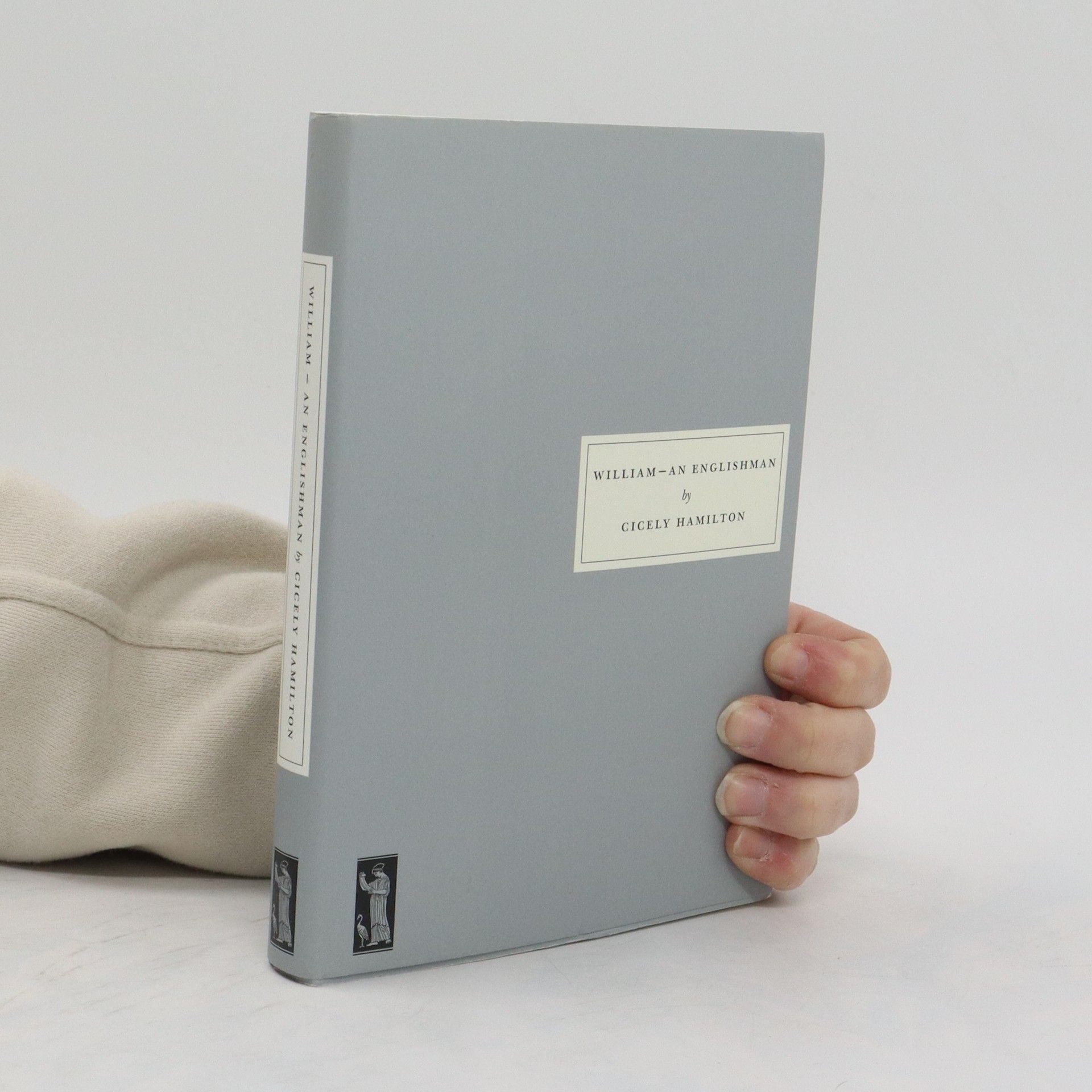From one of the earliest feminist science fiction writers, a novel that envisions the fall of civilization—and the plight of the modern woman in a post-apocalyptic wilderness. When war breaks out in Europe, British civilization collapses overnight. The ironically named protagonist must learn to survive by his wits in a new Britain. When we first meet Savage, he is a complacent civil servant, primarily concerned with romancing his girlfriend. During the brief war, in which both sides use population displacement as a terrible strategic weapon, Savage must battle his fellow countrymen. He shacks up with an ignorant young woman in a forest hut—a kind of inverse Garden of Eden, where no one is happy. Eventually, he sets off in search of other survivors . . . only to discover a primitive society where science and technology have come to be regarded with superstitious awe and terror. A pioneering feminist, Hamilton offers a warning about the degraded state of modern women, who—being “unhandy, unresourceful, superficial”—would suffer a particularly sad fate in a postapocalyptic social order.
Cicely Hamilton Book order (chronological)
Cicely Mary Hamilton is best remembered for her plays, which often featured feminist themes. Her literary work is characterized by an emphasis on social critique and the advocacy of women's rights, reflecting her active role in the suffrage movement. Hamilton's writing explores the position of women in society, highlighting their inner strength and aspirations.






How to Fall in Love with Yourself
- 60 pages
- 3 hours of reading
What is love and how do we love ourselves more? Why do we judge and blame ourselves and can we begin to move to a higher way? In this book Helen Hamilton takes us through the stages of love from conditional love, unconditional love and even love before duality and separateness. We will also explore how to love others and the world in general from a loving understanding. Isn?t it time for you to experience self-acceptance and love?
Stage Rights!
- 248 pages
- 9 hours of reading
Drawing upon previously unseen archival material, this book brings to life the story of the Actresses' Franchise League from 1908-1958, building a picture of this diverse, exciting and innovative organisation that opens up and extends previous scholarship of the suffrage movement, and of political and feminist networks in twentieth century theatre. -- .
William
- 226 pages
- 8 hours of reading
William was 'written in a rage in 1918; this extraordinary novel... is a passionate assertion of the futility of war' (the Spectator). Its author had been an actress and suffragette; after 1914 she worked at the Scottish Women's Hospital at Royaumont and organised Concerts at the Front. William - an Englishman was written in a tent within sound of guns and shells; this 'stunning... terrifically good' novel (Radio 4's A Good Read) is in one sense a very personal book, animated by fury and cynicism, and in another a detached one; yet is always 'profoundly moving' (Financial Times).In the view of Persephone Books, William is one of the greatest novels about war ever written: not the war of the fighting soldier or the woman waiting at home, but the war encountered by Mr and Mrs Everyman, wrenched away from their comfortable preoccupations - Socialism, Suffragettism, so gently mocked by Cicely Hamilton - and forced to be part of an almost dream-like horror (because they cannot at first believe what is happening to them). The scene when William and Griselda emerge after three idyllic weeks in a honeymoon cottage in the remote hills of the Belgian Ardennes, and encounter German brutality in a small village, is unforgettable. The book, which won the Prix Femina-Vie Heureuse in 1919, is a masterpiece, written with an immediacy and a grim realism reminiscent of an old-fashioned, flickering newsreel.
